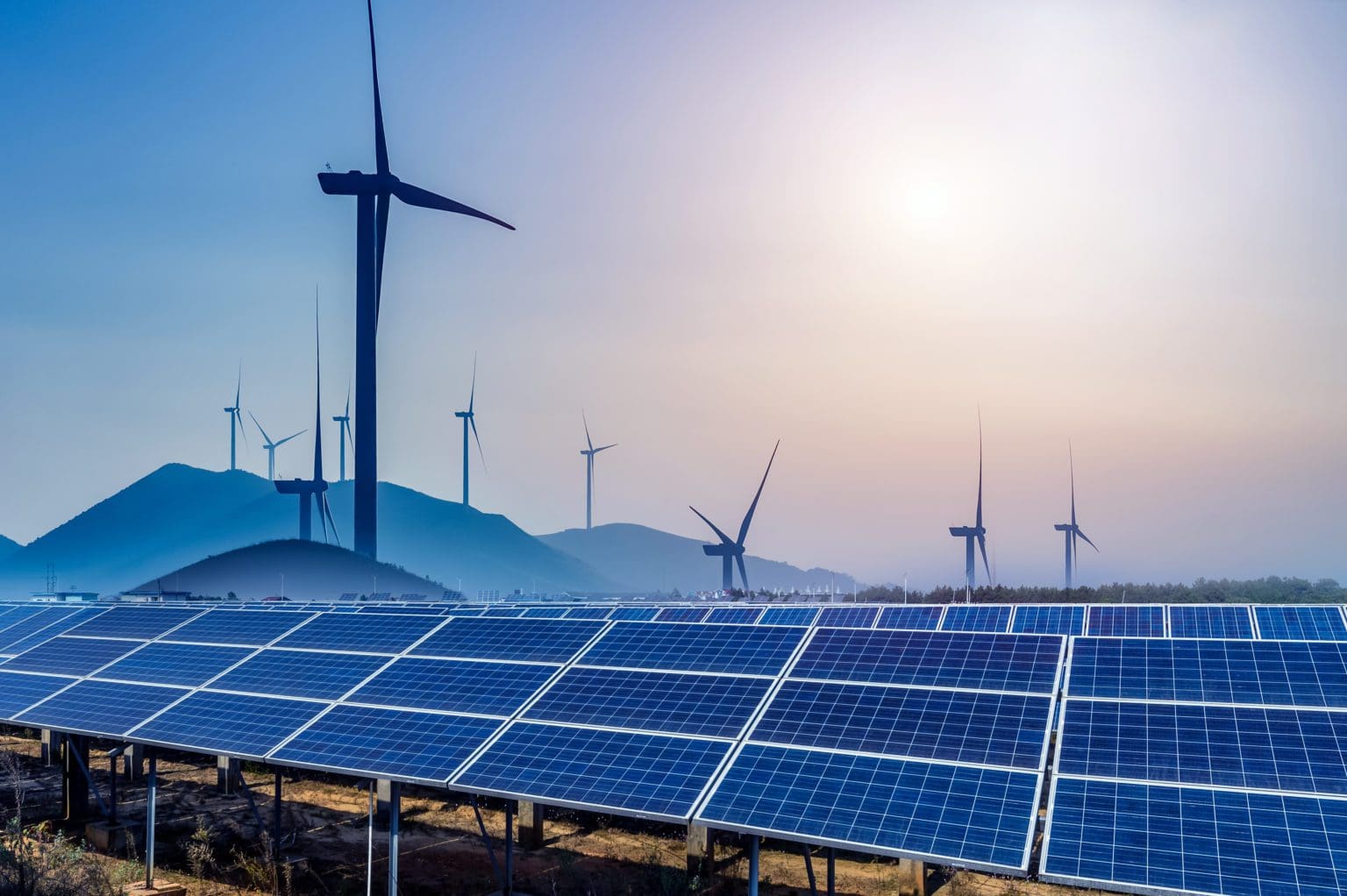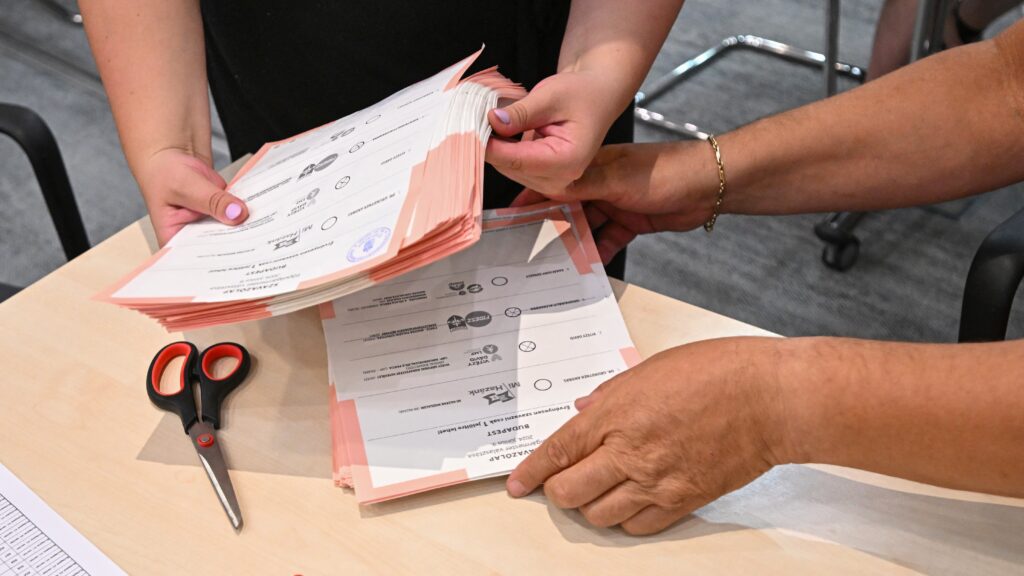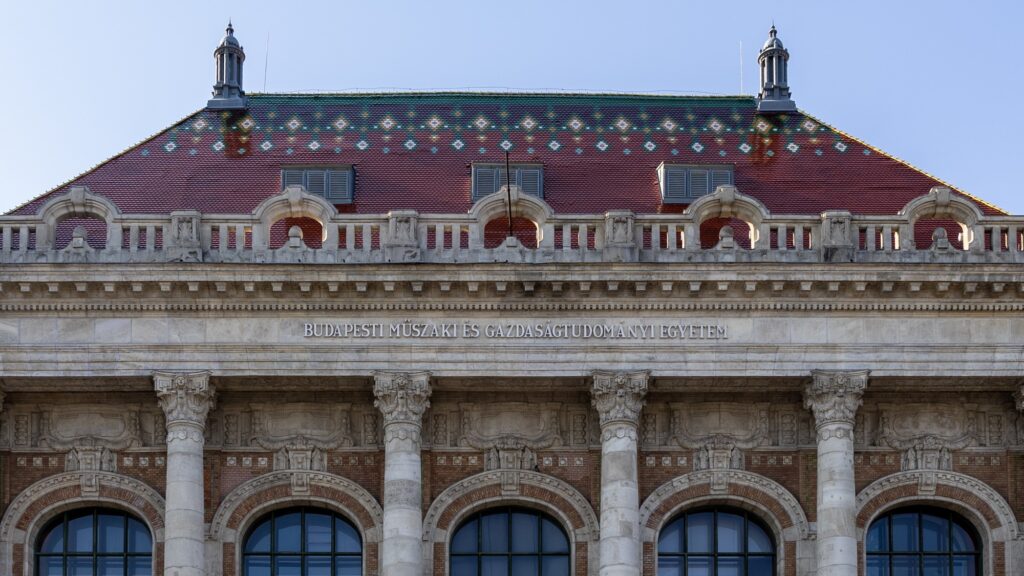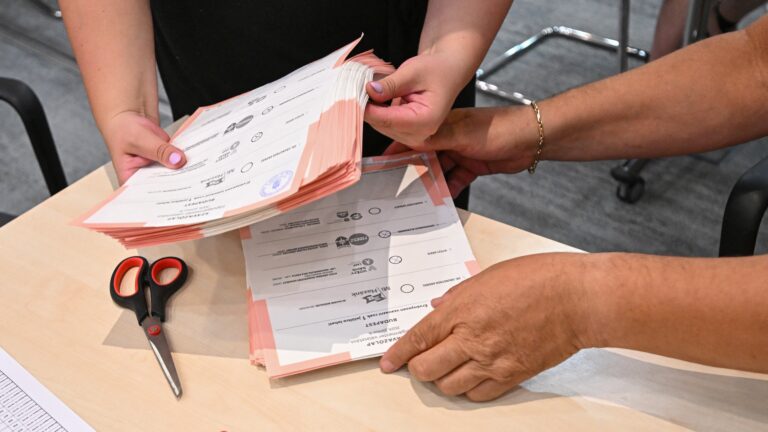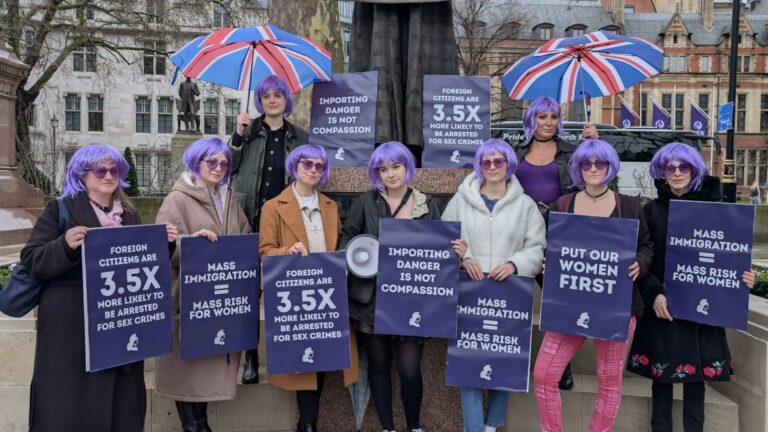In the midst of summer, when sweltering heat drives the use of air conditioners and pushes energy demand higher, former Hungarian President János Áder devoted his latest Blue Planet podcast to the challenges of meeting these needs sustainably. Speaking with Attila Aszódi, an energy engineer and dean at the Faculty of Natural Sciences of the Budapest University of Technology and Economics, Áder explored how electricity use is changing and why nuclear energy may be indispensable in achieving global climate goals.
Aszódi observed that Hungary’s energy supply is undergoing a transformation, with a growing shift from other fuels to electricity in heating, transport, and industrial processes. Over the past decade, electrification has accelerated, changing not just how much power is consumed but when peak demand occurs. Historically, the highest loads came in winter, but the gap between winter and summer peaks is now narrowing, largely because of widespread air conditioning.
Hungary has installed solar panels on the rooftops of nearly 300,000 households, contributing about 2,700 megawatts of capacity, alongside more than 4,000 megawatts from industrial-scale solar farms. While solar power helps meet daytime needs, it cannot produce energy at night, which makes it vital for consumers to use appliances such as air conditioners, washing machines, and dishwashers during daylight hours. The country’s power system must maintain a constant balance between production and consumption, and around 3,000 megawatts of capacity must be available at all times, regardless of season, weather, or time of day. This requires a stable mix of energy sources rather than reliance on any single one.
Észrevétlenül fogyasztunk egyre több energiát
Idén tavasszal 60 millió ember maradt áram nélkül Portugáliában és Spanyolország nagy részén majdnem jó félnapra. Leállt a tömegközlekedés, hosszú sorokban vesztegeltek az utcákon az autók a kikapcsolódó közlekedési lámpák miatt, nem lehetett telefonálni, internetezni, készpénzt felvenni, bankkártyával fizetni, és sok háztartásban nemcsak a világítás, de szivattyúk leállása miatt az ivóvíz is elérhetetlenné vált.
Áder recalled the 2015 Paris Agreement, aimed at keeping global temperature rise below two degrees Celsius, and questioned whether the targets could be met without nuclear energy. Aszódi was clear in his response, noting that in the developed world, nuclear power provides about 20 per cent of electricity and is the largest source of carbon-neutral energy. He stressed that without nuclear, the two-degree target would be unattainable, citing data that show 85 per cent of global primary energy still comes from fossil fuels. Carbon dioxide concentrations continue to rise, and projections suggest no near-term decline.
He referred to multiple analyses indicating that the Paris goals are not achievable without nuclear power. At the COP28 climate conference in Dubai, 30 countries signed a declaration to triple nuclear capacity by 2050, which would require extending the life of existing reactors, adding about 400,000 megawatts of large-scale capacity, and building new reactors, including emerging small modular designs that could reduce construction times significantly.
Aszódi also addressed the rising electricity demands of the digital sector, pointing out that global data centres consume about ten times Hungary’s annual electricity use, a figure that could double within five years due to artificial intelligence. He warned that power reliability is critical, recalling that in April, a major outage left 60 million people without electricity in Portugal and much of Spain for nearly a day. The incident underscored the importance of secure, well-connected grids and the political and technical challenges of ensuring uninterrupted supply.
Related articles:

